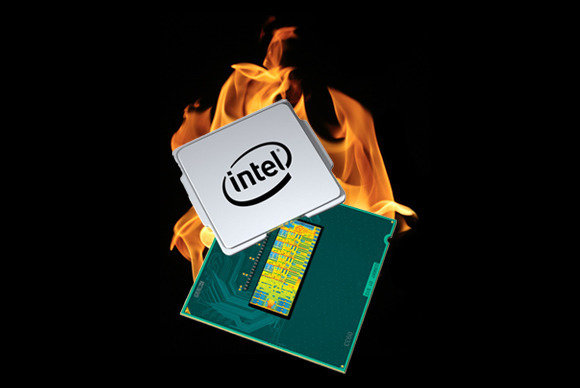CPU Overclocking, What Is CPU Overclocking

CPU manufacturers often describe the performance of the CPUs in terms of base and boost clock speeds. However, I have noticed that many motherboard manufacturers write- “Supports Overclocking” on their motherboard branding. Can you please explain briefly what does overclocking actually mean?













